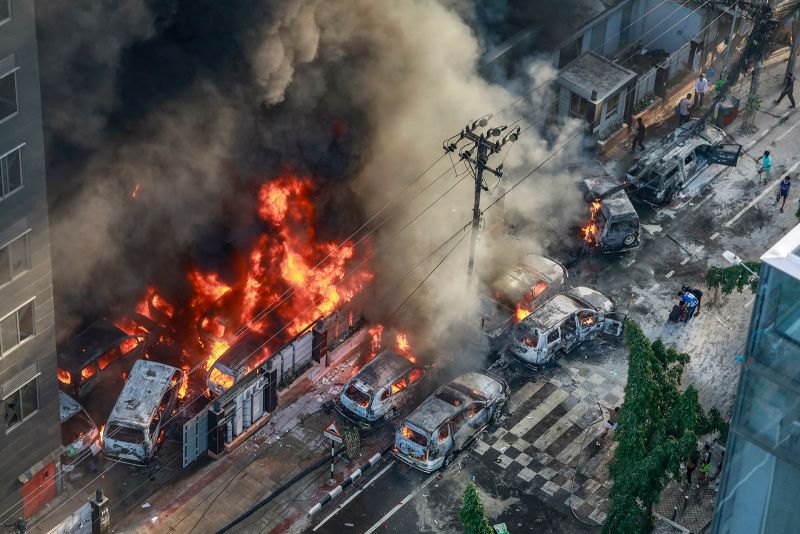In Bangladesh, tensions have recently escalated over a controversial issue regarding job reservations for the children of freedom fighters. The policy, which aims to provide opportunities for the descendants of those who fought for the country’s independence, has sparked heated debates and protests across the nation.
The controversy stems from allegations of favoritism and lack of transparency in the selection process for these reserved positions. Many critics argue that the system is being exploited by individuals who do not meet the criteria but manage to secure lucrative jobs through connections and manipulation.
Furthermore, there are concerns about the impact of these reservations on meritocracy and fair competition in the job market. Some argue that the practice of granting preferential treatment to certain groups undermines the principles of equality and equal opportunity for all citizens.
On the other hand, supporters of the policy emphasize the importance of recognizing the sacrifices made by the freedom fighters and their families during the struggle for independence. They view job reservations as a form of acknowledgment and reparation for the contributions and hardships endured by these individuals.
The situation has become increasingly tense as protests and demonstrations have erupted in response to perceived injustices and discrepancies in the implementation of the policy. Calls for reform and greater transparency in the selection process have been growing louder, with various stakeholders demanding accountability and fairness in the allocation of these reserved positions.
Moving forward, the government faces the challenging task of addressing the legitimate concerns raised by critics while also honoring the legacy of the nation’s freedom fighters. Balancing the need for inclusivity and social justice with the principles of merit-based recruitment will require careful deliberation and a commitment to upholding the values of integrity and fairness in the allocation of job opportunities in Bangladesh.


